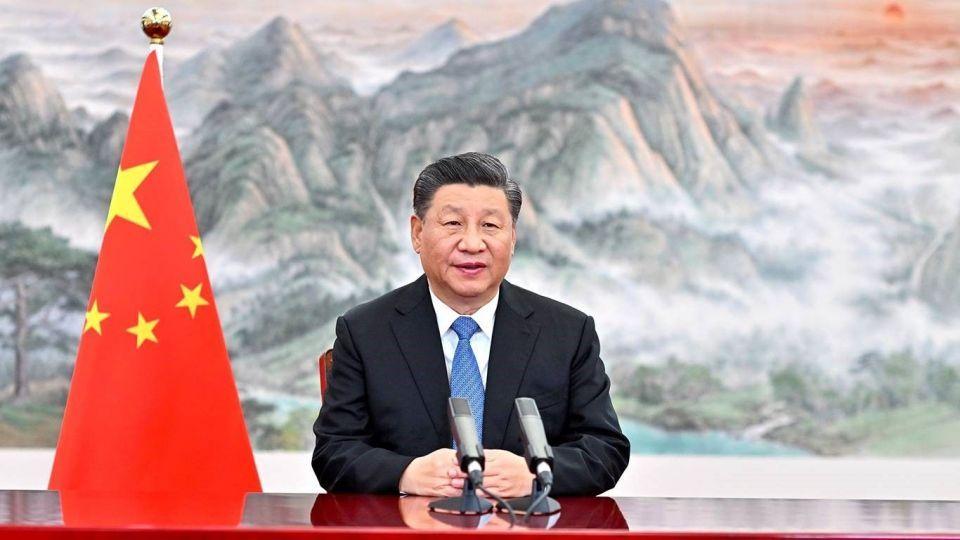In an interview with the website of the Strategic Council on Foreign Relations, Mehdi Khorsand referred to China’s plan to end Russia’s war against Ukraine and the positions of Western countries regarding the plan and its non-acceptance, adding: When China, as a player which is a critic of the current international order and one of the main claimants of creating a new order for the future of the international system, in the period we refer to as the transition of the international order, wants to turn towards one side of the tension, we will be witness to the weight and predominance of the military camp.
Saying that the US is trying to involve the rest of the critics of the current order in the surrounding geopolitical tensions so that it can ultimately focus directly on China, he noted: One of the deputy foreign ministers of China said that ‘Beijing knows that it is China’s turn after Russia and the US will also involve us in geopolitical tension’. Now, China, which has been one of the players that pursued its interests without paying any costs during the last year of the Ukraine war; has begun new movements.
Emphasizing that during the transition period of the international order, the patterns of friendship and enmity are very transitory and unstable, the expert on East Asia affairs, therefore China should have expressed its position clearly and transparently, referred to the warnings of the United States regarding the provision of Chinese weapons and military technologies for Russia and continued: The Chinese, thinking that the war will continue, came to the conclusion that if they do not clarify their position in the war, in the future, the public opinion of the world will consider China as a hypothetical, fake and unreliable power. In addition, if the Russian army fails in this situation, the whole West will stand against China in the next stage.
Khorsand added: After the transition period, it is desirable for the Chinese to face a weakened Russia, and Europe and Russia will also turn into a weaker regional power from a great power; certainly, China and Russia have not formed the Eastern Bloc, but strengthening Russia in this situation will weaken China’s competitors.
He stated that continuation of the war will not harm China and that the peace plan presented by that country did not include any special initiative, adding: According to the statistics presented in 2022, the Chinese have allocated 50 percent of the world’s food and grain reserves to themselves; therefore, by staying away from the consequences of the war, the country pursues its strategic targets. In the current situation, with the US indirect conflict, China also wants the war to continue, so it does not take any effective and decisive action.
The expert on East Asia affairs cited a lack of strong analytical power and the inability to predict the future of the Ukraine war as the reasons for China’s calculated entry into the war equation and said: The Chinese have limitations to play a role as a player to create international peace and stability. As an example, they are competing with a major international power and this power will not allow them to play an effective and decisive role in international equations and conflicts. This sensitivity, regarding a case like Ukraine, is much higher for the US, which has strategic interests.
While explaining China’s opportunities to strengthen the role of mediation, at the same time, Khorsand emphasized: In fact, the United States opposes the institutionalization of China’s position as a multidimensional economic, political, cultural, and strategic power that has the possibility of creating stability and mediation and China also pursues policies that prevent the US from creating problems for China’s political and economic influence. This same issue reduces Beijing’s ability for playing a role in creating stability and security.
Recalling that China does not have soft power tools, he added: heavy propaganda by the Western media against China is a problem that has caused much damage to the country and prevented it from playing an effective role in mediation and stability-building, as well as creating a heavy psychological burden of Sinophobia in the world.
Saying that China, as the second economic power, unlike Western countries and Russia, does not have religious, political, historical, or colonial motives in the cases it mediates, Khorsand noted: By publishing the “The Global Security Initiative Concept Paper”, China emphasized that as the only country in the world that included “peaceful development” in the text of its constitution, China will remain committed to its approach as a guardian of world peace.
The analyst of East Asia affairs continued: Chinese leaders consider themselves bound not to interfere in the internal affairs of countries, and this is an opportunity for countries to accept its role in creating stability. Beijing uses mediation to increase its economic interests and political influence in countries and regions that were previously dominated by China’s strategic rivals.
Khorsand considered China as having traditional and modern components of power in the world, which allows the country of enjoying the possibility of balancing and said: China is trying to establish the political solution of the crisis as a norm in regional and international equations. However, China has shown that it will not be involved in serious conflicts and generally enters the challenges from the more trivial and terminative topics. This approach is considered as a challenge to expand China’s mediating role and influence.
Stating that instabilities rarely motivate Chinese leaders and that the country often tries to be the last country to enter into adventures, he reminded us: China still resolutely tries to stick to its principle of realism and neutrality.










0 Comments